For two decades, I have been committed to the civil society sector, first as a humanitarian worker, and then as an organisational development practitioner. My daily work is to support civil society organisations in reaching their full potential, in becoming strategic and resilient. Working alongside civil society organisations has helped me develop a global view of factors that hinder the effectiveness and development of these organisations.
«Be the change you want to see in this world» (Ghandi)
It is unanimous: shoemakers’ children are the worst shod. Civil society actors are no different. We must surely all recognise that development actions have not given the results that, for decades, we have been expecting; that environmental actions have not been preventing continuous global warming; that in spite of technological developments in the agricultural sector, people continue to starve. Everyone knows this.
We often find that civil society organisations who are trying to support communities in becoming autonomous are themselves dependent. They want to hold governments accountable for their actions towards populations when they themselves are not accountable to the communities they defend or represent. They advocate participative governance, the famous FPIC (Free, Prior and Informed Consent), when they themselves are part of an extremely hierarchical governance with systematic deference to the organisation’s founder. But do we question such a discrepancy, such cognitive dissonance, or even schizophrenia?
What we see around us
But what is it that we refuse to see? Or rather, what do we see around us, and what do these civil society actors really see?
- Autocratic and corrupted states, which care very little about general interest
- Partners who impose their rules and conditions without any form of consultation and who don’t consider what civil society can offer
- Eligibility criteria that favour style above content
- Unequal partnerships in which they are only executing and have no power
- An access to funding that depends on the possibility of having mobilised co-funding
« Do as I say, not as I do »
At the end of the day, what is civil society organisations’ practice? They replicate what they see, what they think to be the norm:
- They require certain principles from their staff members without considering their perspectives
- They develop projects and force them on communities without consultation
- They place their efforts in satisfying their donors rather than the people they fight for.
We have an excuse; it is not our fault!
If we are not careful, disempowerment can become an excuse for not shouldering responsibilities. Is it not said that power and responsibility are two sides of one coin?
Change starts at home. Indeed, those who live in glass houses should not throw stones!

